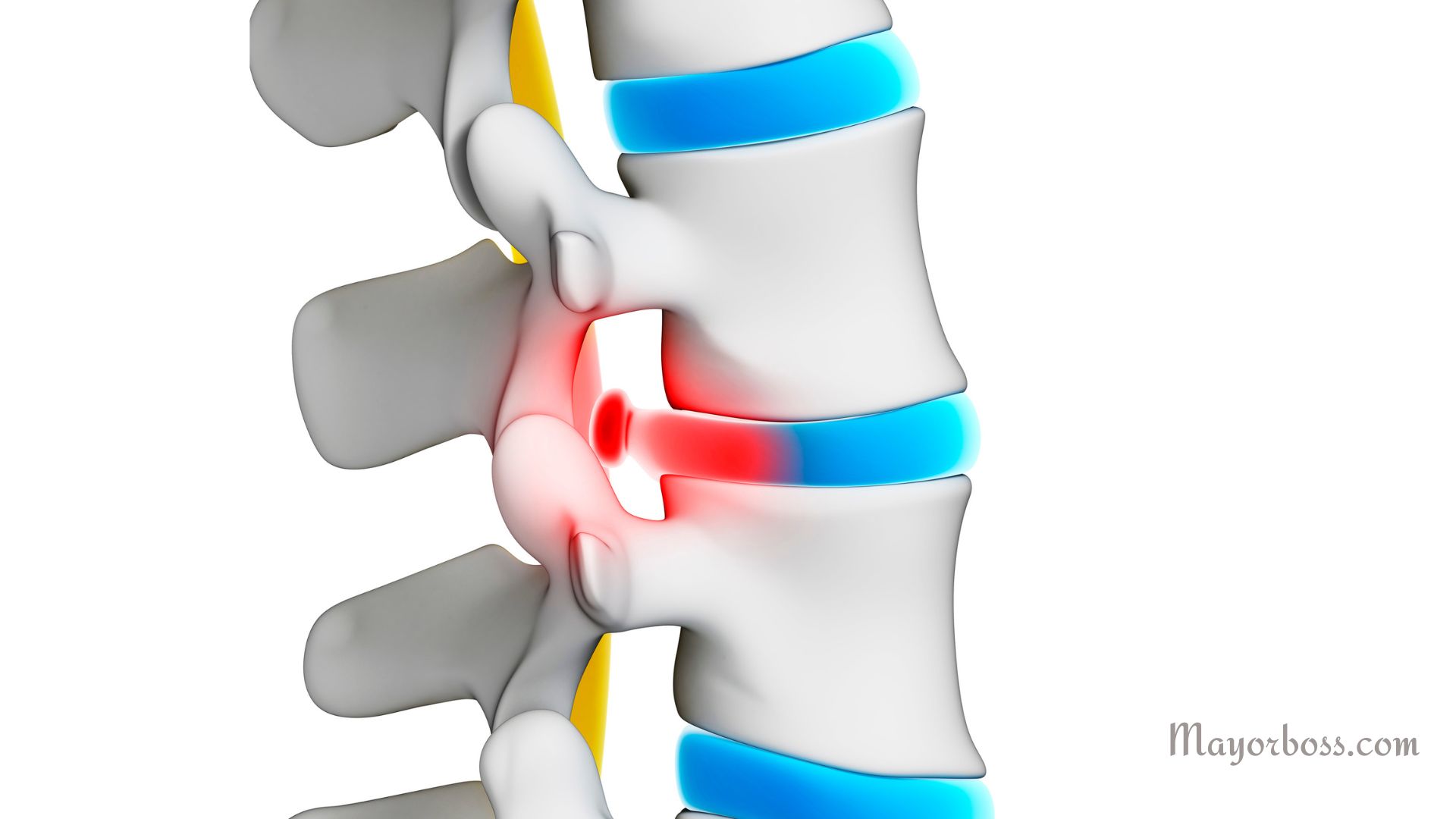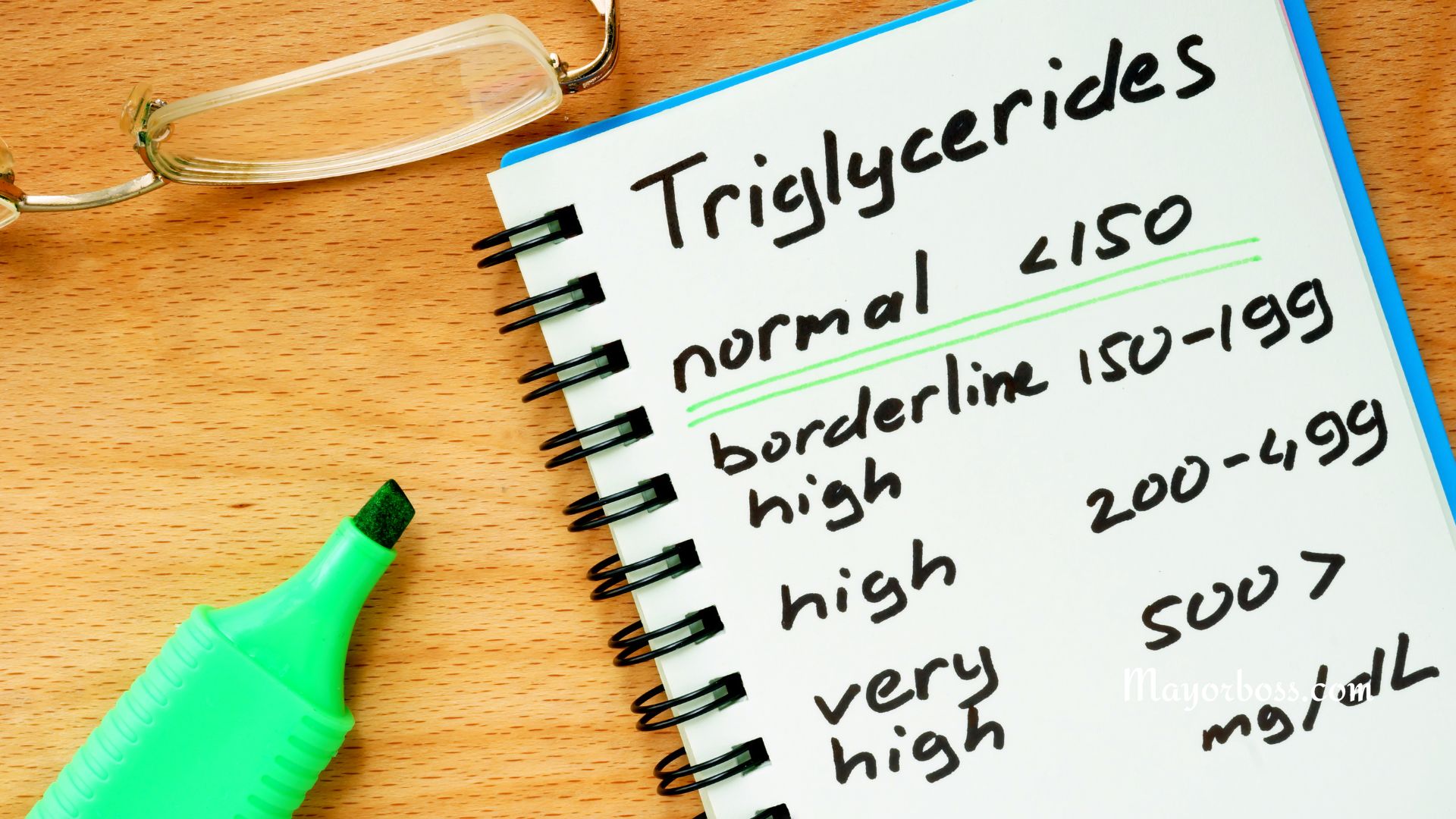Is Drinking Too Much Water Dangerous?
Drinking water is essential for your health, as it keeps your body functioning properly. However, like many things in life, too much of a good thing can become harmful. When you drink more water than your body can handle, it can lead to a condition known as water intoxication or hyponatremia.

What Happens When You Drink Too Much Water?
When you drink an excessive amount of water, your kidneys can’t get rid of the extra water fast enough. This causes the sodium in your body to become diluted. Sodium is a key electrolyte that helps regulate water balance in and around your cells.
The Role of Sodium
Sodium plays a crucial role in your body. It helps with nerve function and muscle contractions. Also, it maintains the right balance of fluids in your body. When sodium levels drop due to excessive water intake, it disrupts this balance, leading to potentially serious health issues.
Symptoms of Hyponatremia
If you drink too much water, you might experience symptoms like:
- Nausea and vomiting
- Headache
- Confusion or disorientation
- Fatigue
- Muscle weakness or spasms
- In severe cases, it can lead to swelling of the brain, seizures, coma, or even death.
How Much Water Should You Drink?
The amount of water you need depends on various factors like your age, gender, climate, activity level, and overall health. As a general rule, drinking when you’re thirsty and stopping when you’re no longer thirsty is a good practice. The often-quoted “eight 8-ounce glasses of water a day” is a reasonable goal, but it’s not a one-size-fits-all recommendation.
Listening to Your Body
Your body gives you signals about its hydration needs. Thirst is the most obvious one, but the color of your urine is also a good indicator. If it’s light yellow, you’re probably well-hydrated. If it’s dark, you may need to drink more water.
Tips for Healthy Water Consumption
- Monitor Your Intake: Be aware of how much water you’re drinking, especially during intense exercise or hot weather.
- Consider Your Activity Level: If you’re very active or sweat a lot, you’ll need more water.
- Watch for Hydration Cues: Pay attention to your body’s signals for hydration needs.
- Balance with Electrolytes: If you’re exercising for long periods, consider drinks that replenish electrolytes.
- Consult with Health Professionals: If you have health conditions like kidney problems or heart disease, talk to your doctor about your ideal water intake.
In conclusion, while drinking enough water is vital for your health, it’s important to avoid overhydration. Moderation is key, and listening to your body’s needs can help you maintain the right balance.






